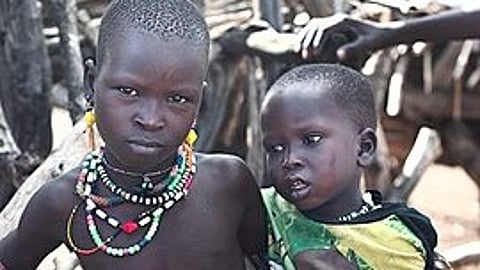The impact of Nodding Syndrome extends beyond physical ailments. Children suffering from this illness undergo societal ostracism and stigma. Misunderstanding generates fear, resulting in social isolation and exclusion from educational opportunities.
Treatment alternatives provide limited relief. Anti-epileptic medicines may help with seizures in some circumstances, but their effectiveness is uncertain. Meanwhile, the search for treatment continues, with experts diligently investigating interventions and suspected links to onchocerciasis.
Despite the struggle, stories of persistence arise. Communities unite behind affected individuals, offering support and hope for a brighter future. Specialized clinics provide essential care, while efforts to eradicate black flies offer a glimpse of hope.
As researchers delve deeper into all aspects of this disorder, they are hopeful that discoveries may lead to viable treatments and prevention techniques. Until then, the fight against nodding syndrome is continuing, fueled by the constant hope of the people affected and the passion of scientists and healthcare workers working for a better future.


